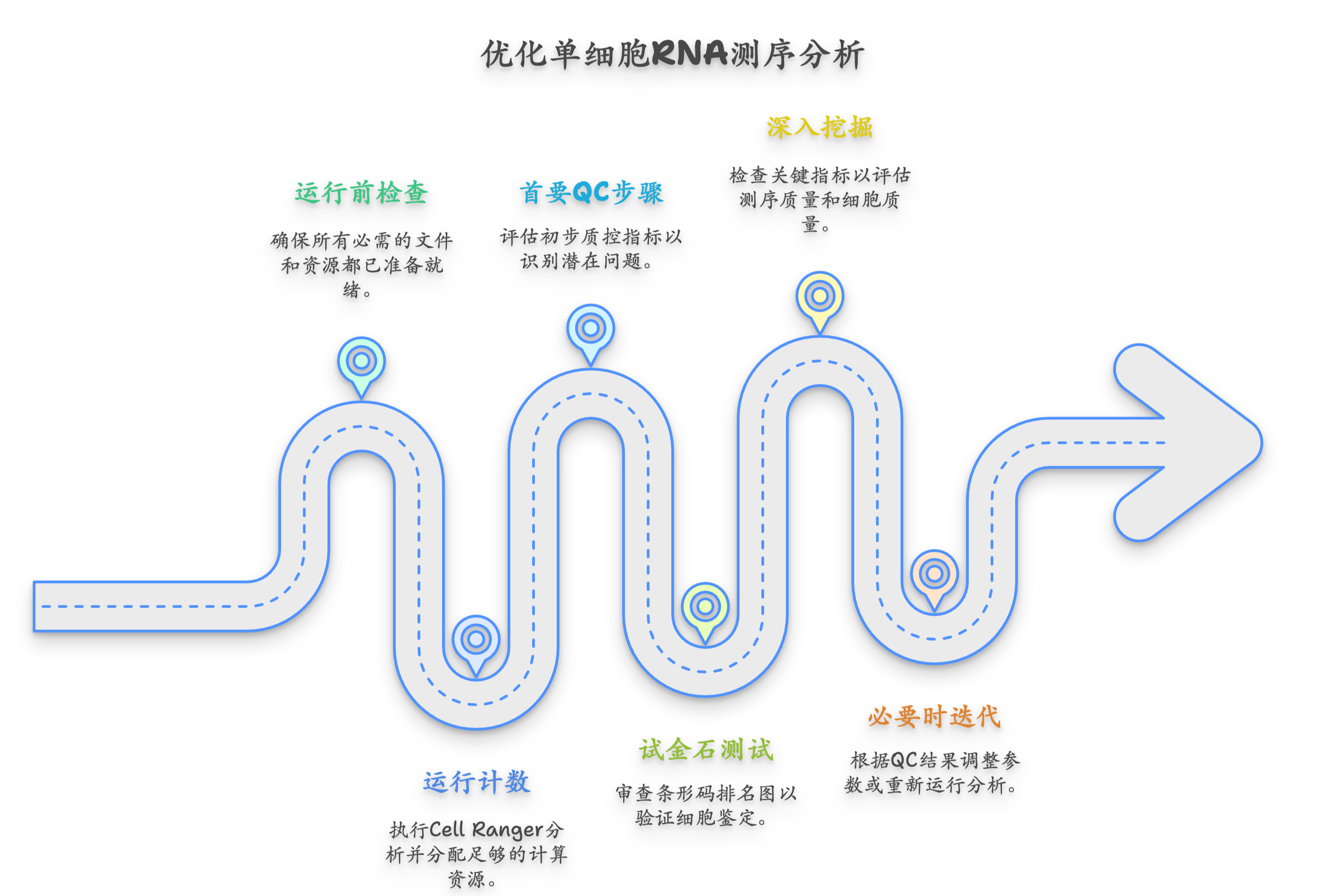
bioinformatics analysis server enables next-generation personalized treatment development. These services handle vast omics datasets to uncover therapeutic targets and biomarkers. Employing AI-enhanced analysis and robust pipelines, they drive breakthroughs in drug discovery and diagnostics.
Scalable Infrastructure for Genome-Scale Computation
Next-generation sequencing generates large data volumes that necessitate elastic computational platforms. Scalable servers are indispensable to process, store, and analyze these large biological datasets.
- An important feature is dynamic resource scaling to handle fluctuating analysis loads.
- Modern servers integrate parallel compute engines to process many samples simultaneously.
- They support genomic pipelines, population-scale studies, and precision-medicine analytic workflows.
Simultaneously, cloud platforms have democratized access to powerful bioinformatics compute and storage.
Specialized Cloud Environments for Genomic Computation
The sequencing data surge compels adoption of scalable, cloud-based infrastructures for analysis. Such clouds deliver instant access to compute clusters, object storage, and curated bioinformatics toolchains.

Harnessing Cloud Computing for Comprehensive Bioinformatic Analyses
Analyzing large, complex datasets now often necessitates access to high-performance compute clusters. Legacy on-site compute setups may not adapt quickly to changing project sizes and timelines.
The cloud permits elastic provisioning for demanding bioinformatics tasks, enabling broader experiment scope.
Elastic cloud services help optimize budgets and remove infrastructure bottlenecks while promoting collaborative workflows.
Future-Proof Bioinformatics: Specialized Cloud Offerings
With bioinformatics progressing rapidly, customized cloud offerings are becoming essential for handling novel workloads. They offer end-to-end toolchains for sequence analysis, annotation, and ML-driven discovery in regulated contexts.
By enabling on-demand scaling, the cloud lowers barriers and invites a wider research community to engage in genomics.

Elastic Servers That Simplify Bioinformatics Pipelines
On-demand servers remove infrastructure friction and let scientists focus on interpretation, not provisioning. Pay-as-you-go servers reduce capital expense and speed up turnaround for research and clinical pipelines.
Pre-built environments reduce setup time by bundling aligners, variant callers, and annotation tools. This lets scientists focus their efforts on scientific interpretation and discovery rather than software configuration.
aaS Bioinformatics Platforms for Efficient Data Interpretation
aaS clouds combine compute, storage, and domain tools to lower barriers for large-scale biological exploration. Managed services speed discovery cycles across drug discovery, diagnostics, and evolutionary studies.

- aaS platforms offer elastic resources to analyze cohorts of genomic samples efficiently.
- SaaS bioinformatics simplifies sharing of pipelines, datasets, and results among global teams.
- Sophisticated algorithms, advanced analytics, and ML models empower extraction of meaningful insights from complex biological data.
Personalized Medicine Powered by Cloud Bioinformatics Servers
Large-scale genomic and clinical data integration underpins modern personalized treatment strategies. With robust algorithms, analysis servers enable personalized regimen design, biomarker-driven treatment selection, and outcome tracking. Rapid analytics enable personalized monitoring and adaptive treatment adjustments informed by data.
Bioinformatics Compute as a Catalyst for Biological Discovery
High-performance computing uncovers structure-function relationships and regulatory networks from omics data. Deep data analyses detect low-frequency events, structural variants, and pathway perturbations.

To decode complex biology, researchers depend on algorithmic, reproducible, and scalable computational frameworks.
Next-Generation Compute for Rapid, Reliable Bioinformatics
As data volumes surge, research requires next-generation infrastructure tailored for bioinformatics workloads. Advanced infrastructures provision compute tiers and optimized pipelines to handle sequencing and ML workloads.
- Cloud platforms allow researchers to burst to large compute pools without owning hardware.
- Continual refinement of analytics and libraries helps address novel biological questions efficiently.
bioinformatics cloud environment setup
These platforms promote collaborative science, supporting fast iteration and cross-team data sharing.
A Modular Bioinformatics Server Suite for R&D
Comprehensive platforms provide the instruments researchers need to convert data into biological knowledge. The suite supports alignment, annotation, transcript assembly, phylogenomics, and 3D structural prediction with curated resources. The platform’s web interface, tutorials, and workflow templates enable users of varying skill to run complex analyses reproducibly.
